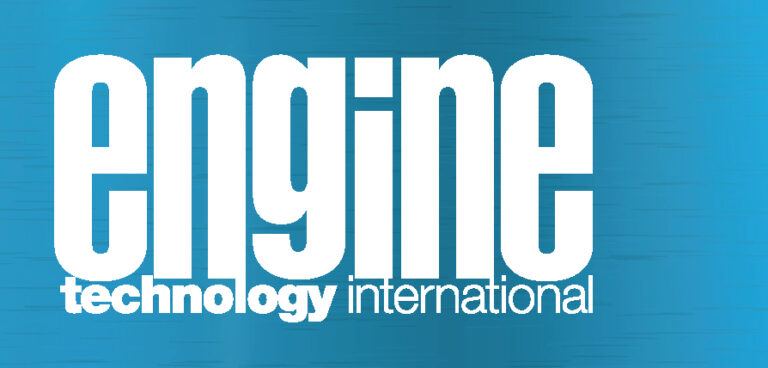Mahle has developed a new laser welding production process, enabling a kidney-shaped cross section of the piston gallery. The greater design freedom for the piston gallery therefore enables the use of steel pistons in diesel engines.
Thick walls have poor heat dissipation and produce high temperatures at the bowl rim, while thin walls can lead to undesired high temperatures at the inner wall of the piston gallery, causing a layer of oil carbon to form. This layer of oil carbon acts as a thermal insulator and promotes due to excessive operating temperatures undesired wear and damage to the piston and cylinder liner.
The ability to produce a kidney-shaped cross section guides the cooling oil flow in an optimal hydraulic path and ensures uniform heat dissipation that prevents overheating.
While it is typical to use friction welding to produce pistons, the material buildup in the cooling channel hinders the controlled guidance of the cooling oil flow.
The use of steel pistons in passenger car diesel engines saves fuel and thus significantly reduces CO₂ emissions. The lower expansion levels of steel compared to aluminum has a positive effect on frictional losses.
Steel pistons can also have a shorter top land and allow for a longer connecting rod with their low overall height. The smaller pivoting angle of the longer connecting rod results in smaller lateral forces and lower friction in the region of the piston skirt.


